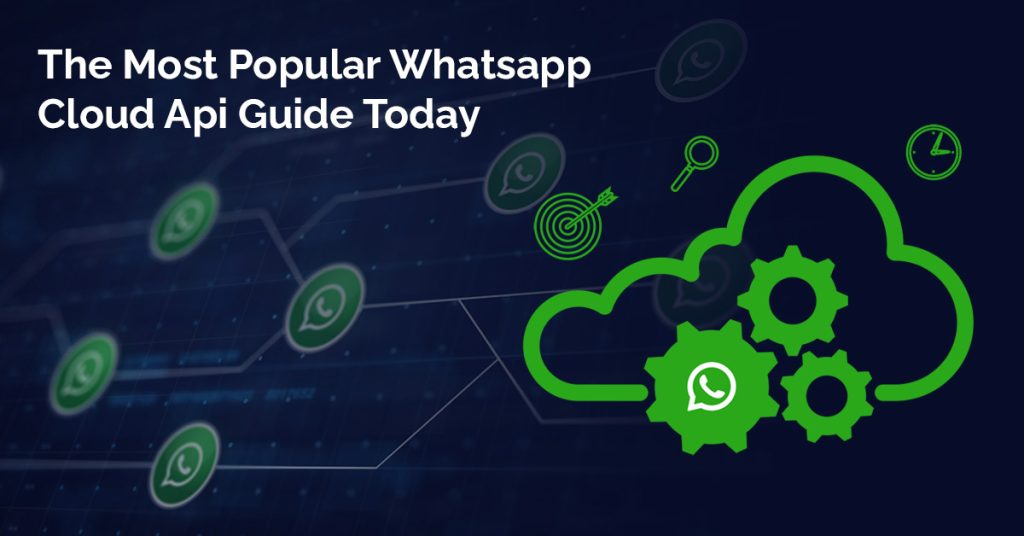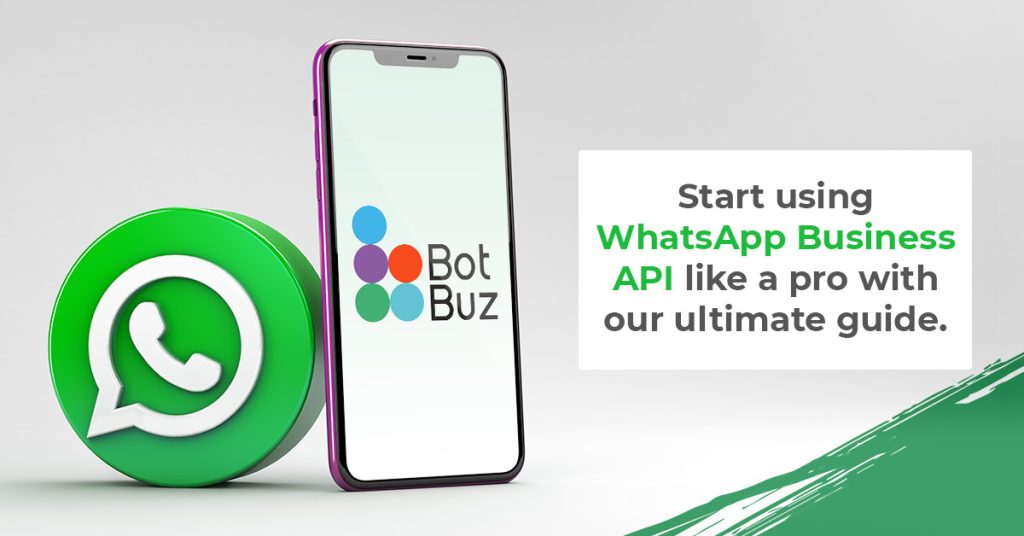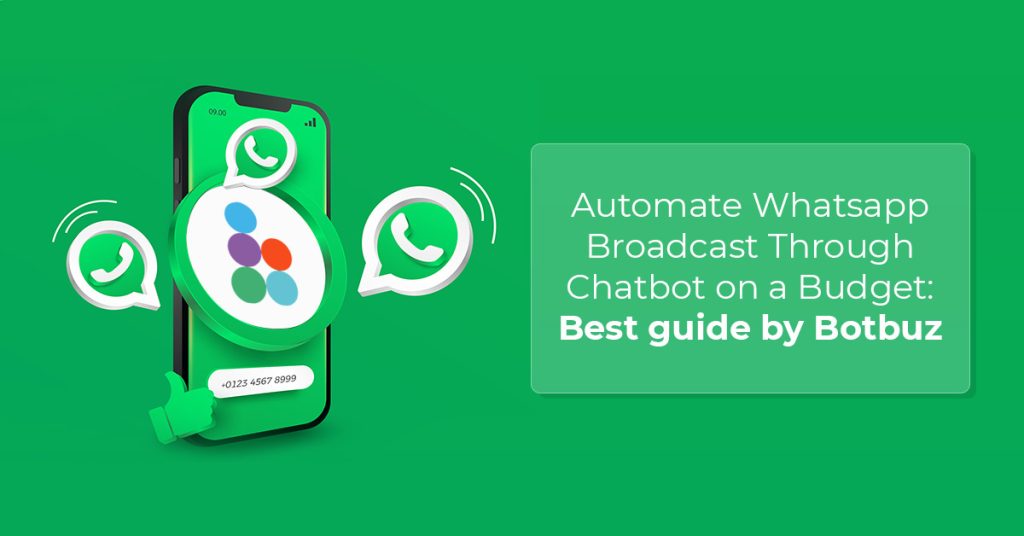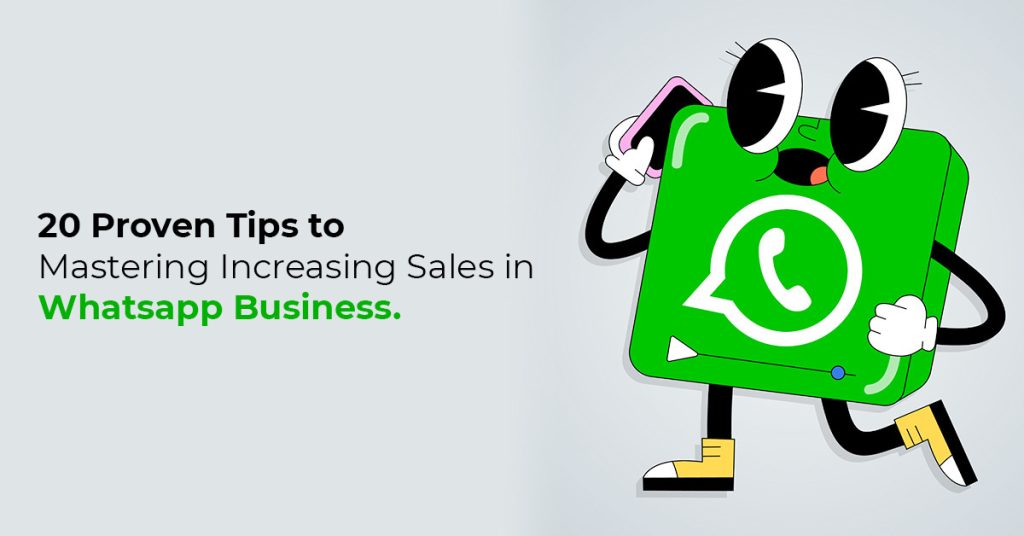What is whatsapp cloud api?
- WhatsApp Cloud API is an application programming interface (API) provided by WhatsApp. It enables businesses to integrate WhatsApp messaging functionality into their applications and systems. Businesses can send and receive messages, notifications and rich media content through WhatsApp. It helps to enable seamless customer communication and engagement.
- WhatsApp Cloud API operates on a cloud-based infrastructure. Cloud based approach eliminates the need for businesses to handle complex server configurations. It makes it a more accessible solution for small to medium sized enterprises and startups.
- It offers features like real time notifications, interactive customer support and multi-channel integration. Whatsapp cloud API has the ability to send pre-approved message templates. It provides a simplified integration process, reducing setup and development time for businesses. Additionally, the API supports secure communication and data protection. It makes sure that it adheres to WhatsApp’s stringent security standards.
- WhatsApp Cloud API caters to businesses with lower message volumes. It is also useful for businesses with less complex automation needs. It also offers a cost-effective and user friendly solution for customer communication strategies.
- By utilizing the WhatsApp Cloud API, businesses can expand their reach. It enhances customer engagement and uses the popularity of WhatsApp to deliver messages.
Difference between whatsapp business API & Whatsapp cloud api:
Both APIs serve as gateways for businesses to interact with customers on WhatsApp, they cater to different use cases.
|
Whatsapp business api
|
Whatsapp cloud api
|
|---|---|
|
The WhatsApp Business API is designed for larger enterprises with substantial customer volumes.
|
The Cloud API is especially well-suited for small to medium-sized enterprises (SMEs) and startups.
|
|
It offers advanced features such as automated messages, message templates, and chatbot integrations.
|
It offers cost-effective solutions, simplified integration, multi channel integration and many more features to leverage WhatsApp for customer engagement.
|
|
It requires businesses to set up a dedicated server to handle messages, ensuring reliable and scalable communication.
|
It operates on a cloud-based infrastructure, eliminating the need for businesses to manage complex server setups.
|
Benefits of whatsapp cloud api:
- Simplified integration – The WhatsApp Cloud API streamlines the integration process. It allows businesses to connect with WhatsApp quickly and efficiently. With reduced setup and development time, SMEs and startups can get up and run WhatsApp with ease.
- Cost-Effective Solution – For businesses with limited resources, the Cloud API offers a budget-friendly option. It helps to leverage WhatsApp for customer communication. Without the need for dedicated servers, the initial investment and ongoing maintenance reduced.
- Real-Time Notifications –The API enables businesses to send real-time notifications to customers. It helps to keep them informed about order updates, appointment reminders & other information. This feature enhances customer engagement and reduces the chances of missed interactions.
- Interactive Customer Support – WhatsApp Cloud API, businesses can provide interactive customer support and respond to queries. It helps in resolving issues, and addressing customer concerns in real-time. This fosters a positive customer experience and strengthens brand loyalty.
- Multi-Channel Integration – The Cloud API provides multi-channel integration, allowing businesses to connect with customers. It helps to connect with customers across WhatsApp and other messaging platforms. This omnichannel approach ensures businesses reach their customers on their preferred communication channels.
- Message Templates – WhatsApp Cloud API supports pre-approved message templates. It is to ensure compliance and consistency in messaging. These templates allow businesses to send specific types of messages. Businesses can send transactional updates or delivery notifications, adhering to WhatsApp’s guidelines.
- Security and Data Protection – WhatsApp places a strong emphasis on security and data protection. The Cloud API upholds these standards, safeguarding sensitive customer information. It helps in ensuring secure communication between businesses and users.
- Increased Customer Reach – WhatsApp boasts over 2 billion users worldwide. Using WhatsApp Cloud API enables businesses to tap into a vast user base and extend their reach.
Features of whatsapp cloud api:
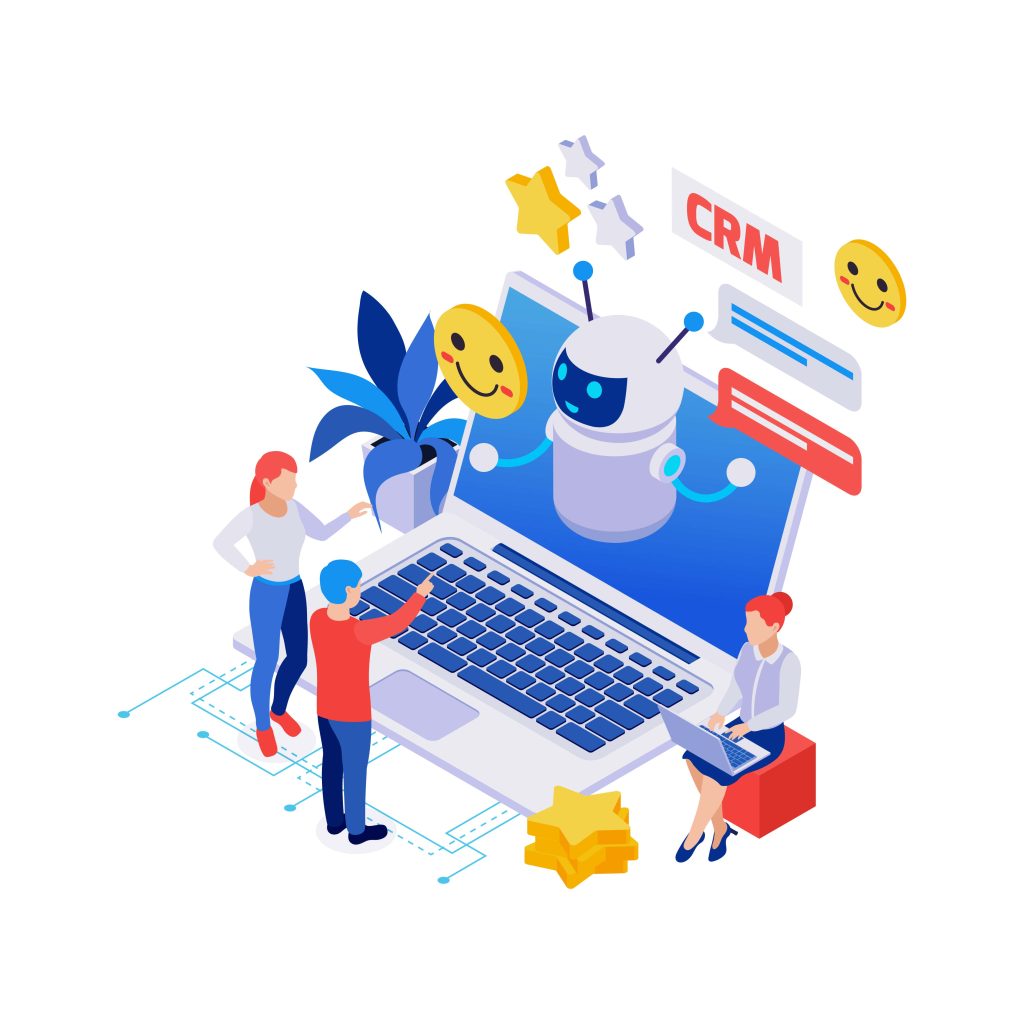
Integrates with Third-Party Tools
- Integrate their WhatsApp messaging capabilities with third-party tools.
- It integrates with CRM systems, analytics platforms and other business tools.
- The API provides smooth data exchange.
Enables businesses to centralize communication efforts & streamline workflows.

WhatsApp Broadcast & Bulk Messaging
- With Cloud API, businesses can broadcast messages to multiple recipients at once.
- This feature simplifies communication with large customer bases.
- It allows businesses to communicate important announcements, updates and promotions.

No App or Interface Required
- The beauty of Cloud API lies in its seamless integration.
- Businesses can use its capabilities without the need for a separate app or interface.
- This easy implementation saves time and resources.
- It helps businesses to focus on their core operations.

Green Tick Verified Business Profile
- This verification badge adds a layer of credibility to a business’s WhatsApp account.
- It helps to instill trust in customers.
Green tick ensures that they are communicating with an authentic business entity.

Interactive Messaging Features
- Cloud API offers interactive messaging features that enhance the user experience.
- List messages allow businesses to present information in a structured format.
- Reply buttons empower recipients to respond quickly and conveniently, encouraging higher engagement rates.
CTA messages guide users to take specific actions, driving conversions and customer interactions.
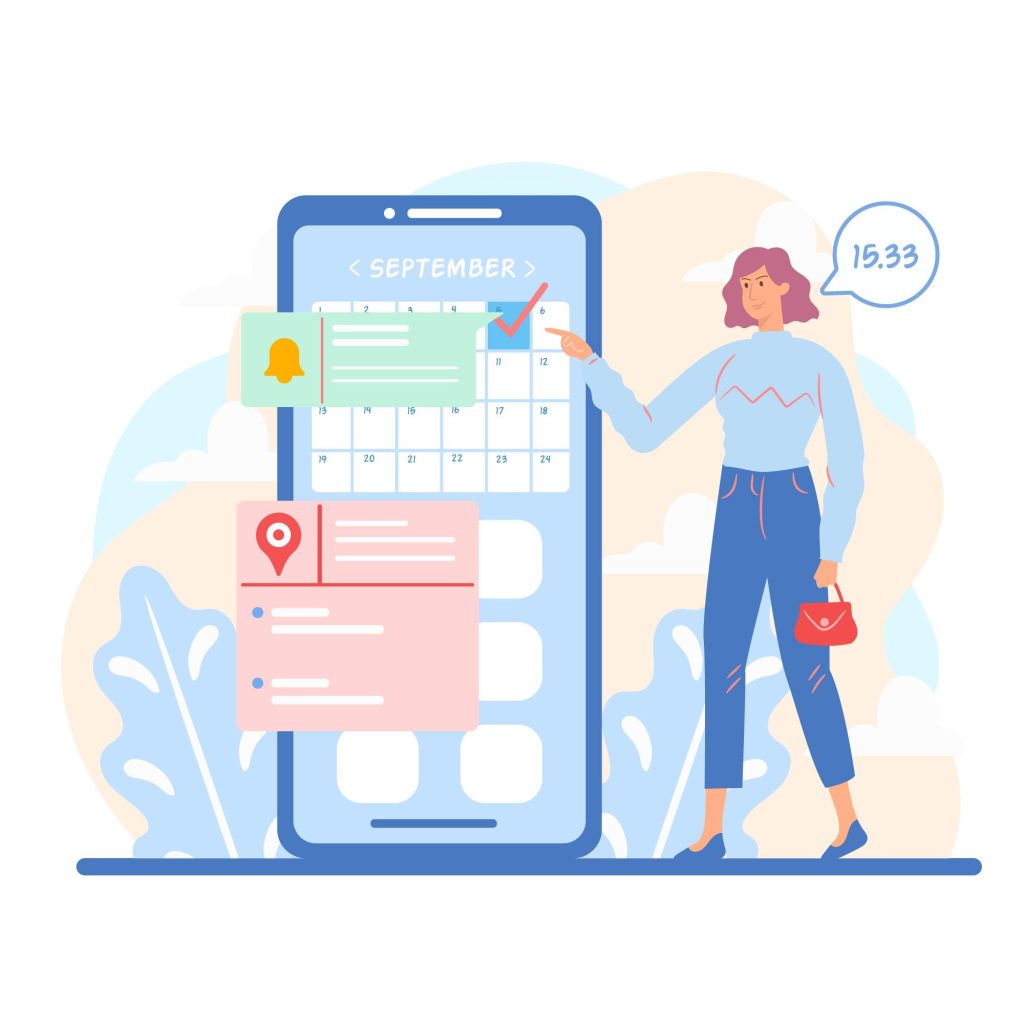
Schedule WhatsApp Messages
- Cloud API allows businesses to schedule messages in advance.
- It enables them to maintain a consistent and timely communication strategy.
- Through cloud API businesses can send reminders and promotions. It can also send personalized updates, scheduling messages at scale.
Thus it helps to ensure that communications reach recipients at the right time.
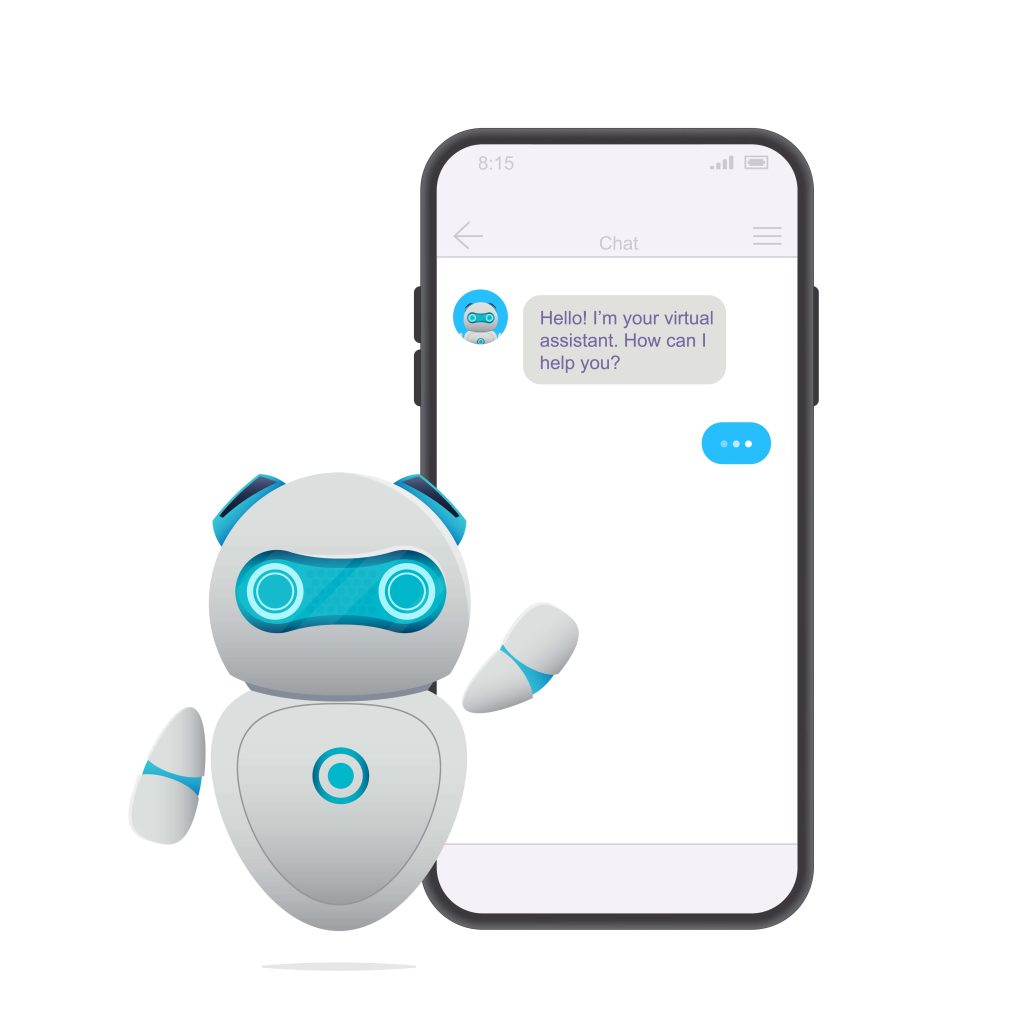
Chat Automation Using Third-Party Apps
- The API helps businesses to use the power of chatbots & automation by using third-party apps.
- Chatbots can handle customer queries, provide instant responses, and deliver personalized interactions.
- This not only improves customer service but also optimizes efficiency.
It helps in freeing up human resources for more complex tasks.

Use via BSPs or CRM
- Businesses can use Cloud API through BSPs or through CRM systems.
- BSPs facilitate easy API access and ensure compliance with WhatsApp’s policies.
Alternatively, businesses can integrate the API directly into their existing CRM systems. Thus, streamlining their communication processes.
Limitations of whatsapp cloud api:
While WhatsApp Cloud API offers a range of benefits. It’s also essential to consider its limitations:
- Limited Automation – Unlike WhatsApp Business API, WhatsApp Cloud API has more limited automation capabilities. It does not support advanced chatbot integration or automated responses. Because of this it may restrict businesses seeking highly automated communication processes.
- Approval Process – To access Cloud API, businesses need to go through an approval process. The business must ensure compliance with WhatsApp’s guidelines and policies. This process may involve verification and validation steps which can take time & complexity.
- Message Template Restrictions – WhatsApp Cloud API utilizes message templates for notifications and alerts. These templates need to be pre-approved by WhatsApp, and businesses. It needs to adhere to specific guidelines when creating them.
- Limited Message Types – Cloud API focuses on text-based messages & does not support all the message types. Businesses should be mindful of this limitation when planning their communication strategies.
Despite these limitations, WhatsApp Cloud API remains a valuable tool for businesses. Thus, businesses can use WhatsApp’s communication capabilities in a simplified and cost-effective manner.
Pricing of whatsapp cloud api:
Whatsapp cloud API charge as per conversation, not per individual message. Conversations are 24 hour message threads between business and customer.

There are two types of conversation,
Business initiated conversations:
- When a business sends template messages or free form messages it is said to be a business initiated conversation.
User initiated conversations/ Service conversations:
- When a customer sends messages to a business it is said to be a user initiated conversation.
- When a business replies to the user initiated conversation within a 24 hour window, it is considered as user initiated conversation.
Steps to get started with whatsapp cloud API:
Getting started with the Cloud API version of Whatsapp involves a step-by-step process. This process explains how to apply & integrate the API into your systems. Following steps are involved :
Step-1 Review WhatsApp's Business Policy:
- Understand the guidelines of WhatsApp’s Business Policy to use WhatsApp Cloud API.
- Ensure that business and use case comply with WhatsApp’s policies.
Step-2 Create a WhatsApp Business Account:
- To access the WhatsApp Cloud API, one needs a WhatsApp Business Account.
- Download the WhatsApp Business App or create an account through the WhatsApp Business API client.
Step-3 To Set Up a Facebook Business Manager Account:
- Create a Facebook Business Manager account.
- This account will serve as the foundation for managing WhatsApp Business Account.
- It is also used for accessing the API.
Step-4 Apply for WhatsApp Business Account Verification:
- Apply for verification of WhatsApp Business Account through the Facebook Business Manager.
- Provide necessary information about your business. Then follow the verification process as guided by WhatsApp.
Step-5 Explore WhatsApp Business API Providers:
- Choose a WhatsApp Business API provider that suits your business needs.
- These providers offer tools and services to ease integration with WhatsApp Cloud API.
Step-6 Set Up an Account with the WhatsApp Business API Provider:
- Sign up and create an account with the chosen WhatsApp Business API provider.
- Follow their onboarding process and provide the required information.
Step-7 Configure Your WhatsApp Business Account:
- Set up your WhatsApp Business Account with the help of an API provider.
- Configure business profile, display name, logo, and other relevant details.
Step-8 Integrate the WhatsApp Cloud API:
- Work with WhatsApp Business API provider to integrate the Cloud API into systems.
- They will provide necessary APIs, SDKs, and documentation to facilitate the integration process.
- You may need the assistance of developers or technical resources during this step.
Step-9 Test and Verify the Integration:
- Once integration is complete, test functionality of Cloud API in system.
- Ensure that messages, notifications, and other desired features are working as expected.
Step-10 Launch and Deploy:
- After successful testing, launch and deploy integrated solution with the Cloud API. Begin utilizing the API to send and receive messages.
- One can also engage with customers, and leverage the communication capabilities of WhatsApp.
Role of chatbot in whatsapp cloud API:
The role of chatbots in the Cloud API is crucial for businesses. Chatbots help to enhance their customer communication and engagement on the platform. No code ai chatbots can automate conversations and provide instant responses. It can also handle a wide range of customer inquiries. Thus it helps to streamline customer support & improve user experience.
When integrated with the WhatsApp Cloud API, chatbots can perform various functions:

Automated Customer Support
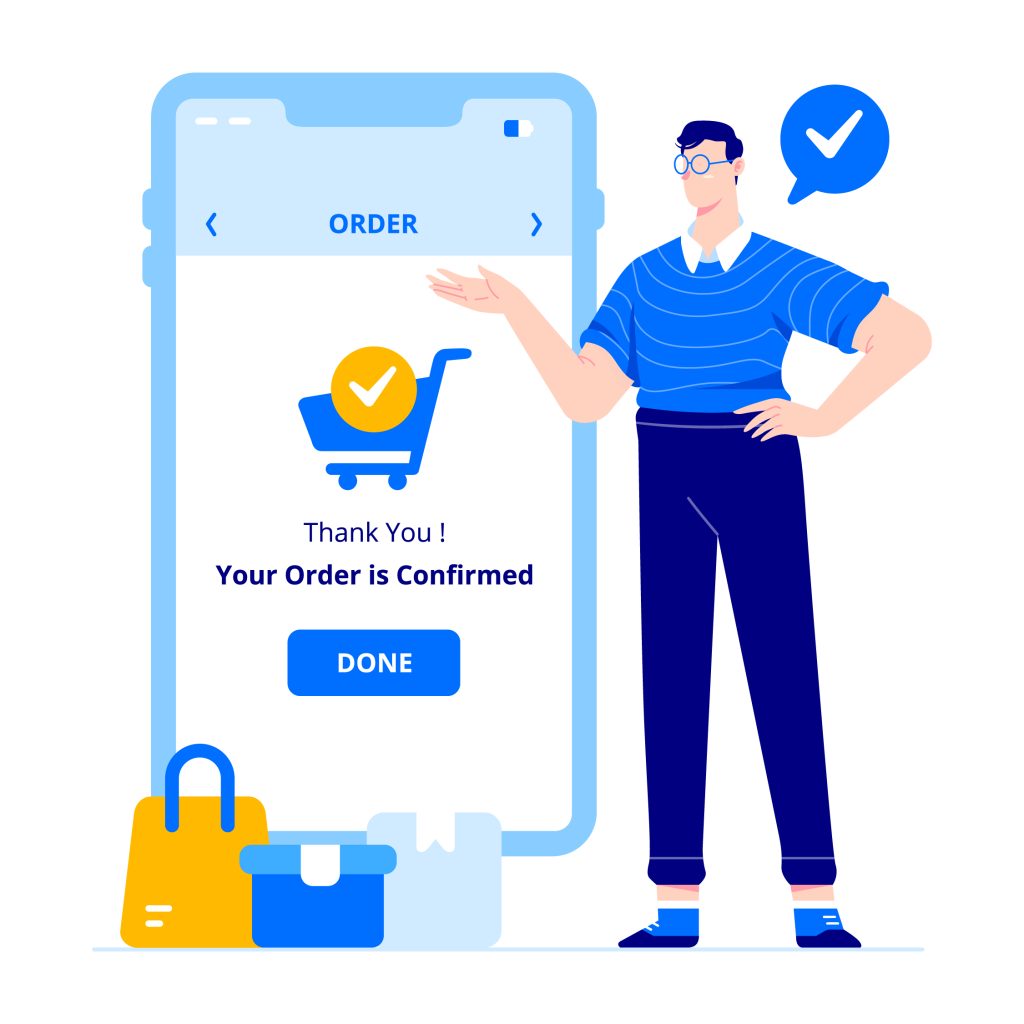
Order Status and Updates
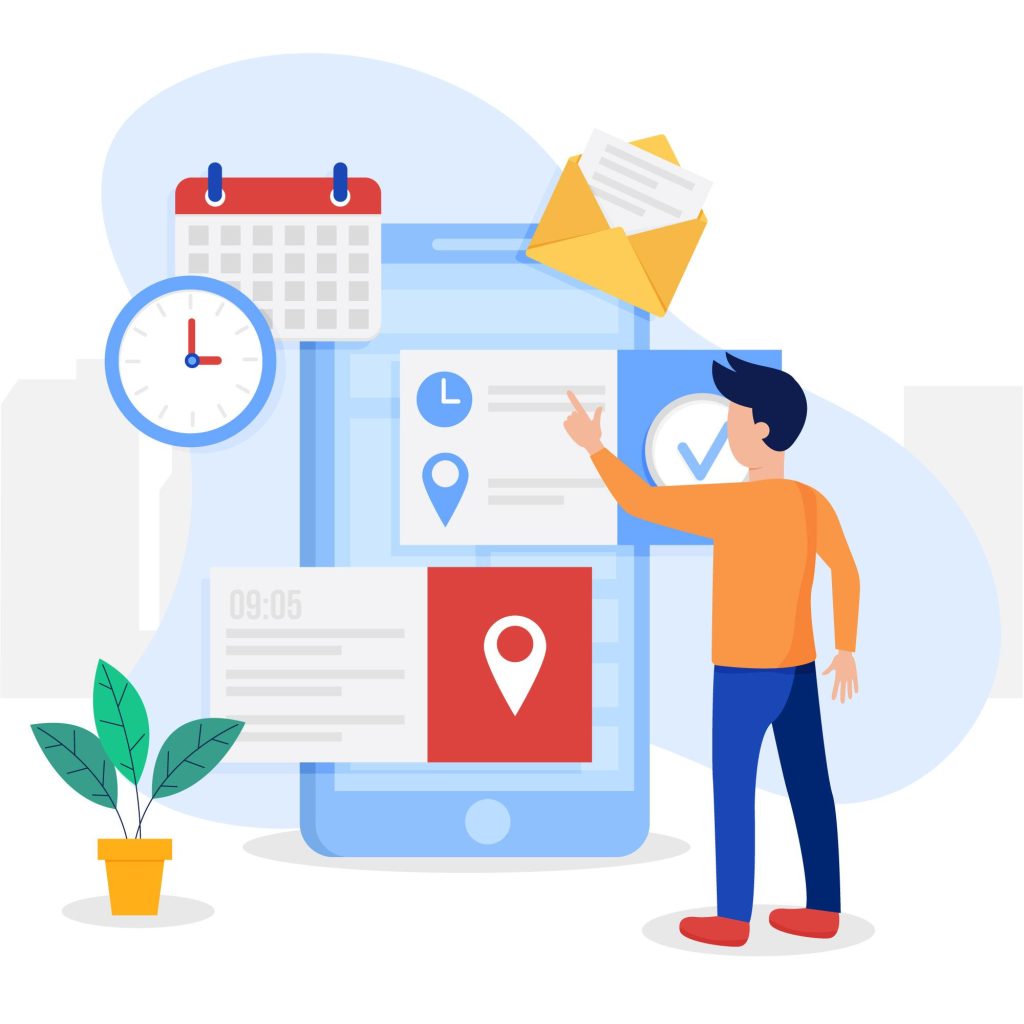
Appointment Scheduling

Product Recommendations & Sales Assistance
Interactive Surveys & Feedback Collection
Benefits of integrating Botbuz Chatbot with Whatsapp Cloud API:
- Seamless Customer Interaction – Botbuz chatbot integration enables businesses to interact with customers on WhatsApp. Customers can start conversations, ask questions, and receive instant responses. Thus it helps in enhancing the overall customer experience.
- Automated Conversations – Botbuz chatbot can handle repetitive inquiries. It frees up human resources & allows businesses to provide faster & efficient customer support.
- Scalability – With Botbuz chatbot integration, businesses can handle a large volume of customer queries. It ensures that customers receive prompt responses even during peak periods.
- Personalization – Botbuz chatbot can gather and store customer information. It allows businesses to provide personalized recommendations. Chatbot responses to customers based on individual preferences and history.
- Multilingual Support – Botbuz chatbot supports multilingual conversations. It enables businesses to cater to customers from different regions and languages.
- Analytics and Insights – Botbuz chatbot provides valuable analytics and insights into customer interactions. It allows businesses to understand customer preferences and identify common pain points. It makes data-driven decisions to improve their offerings.
Embrace the Power of WhatsApp Cloud API in 2023:
As businesses strive to stay connected and engaged with their customers, Cloud version of WhatsApp API emerges as a powerful tool. Its integration capabilities, messaging features & global reach helps businesses to enhance customer communication and satisfaction. However, it’s crucial to consider the specific needs and requirements of your business when deciding between WhatsApp Cloud API and WhatsApp Business API.
In 2023 enhance the power of WhatsApp Cloud API and unlock a new level of communication and engagement with your audience. Embrace the convenience, personalization, and global reach it offers. Also leverage its features to build stronger customer relationships and drive business growth.
